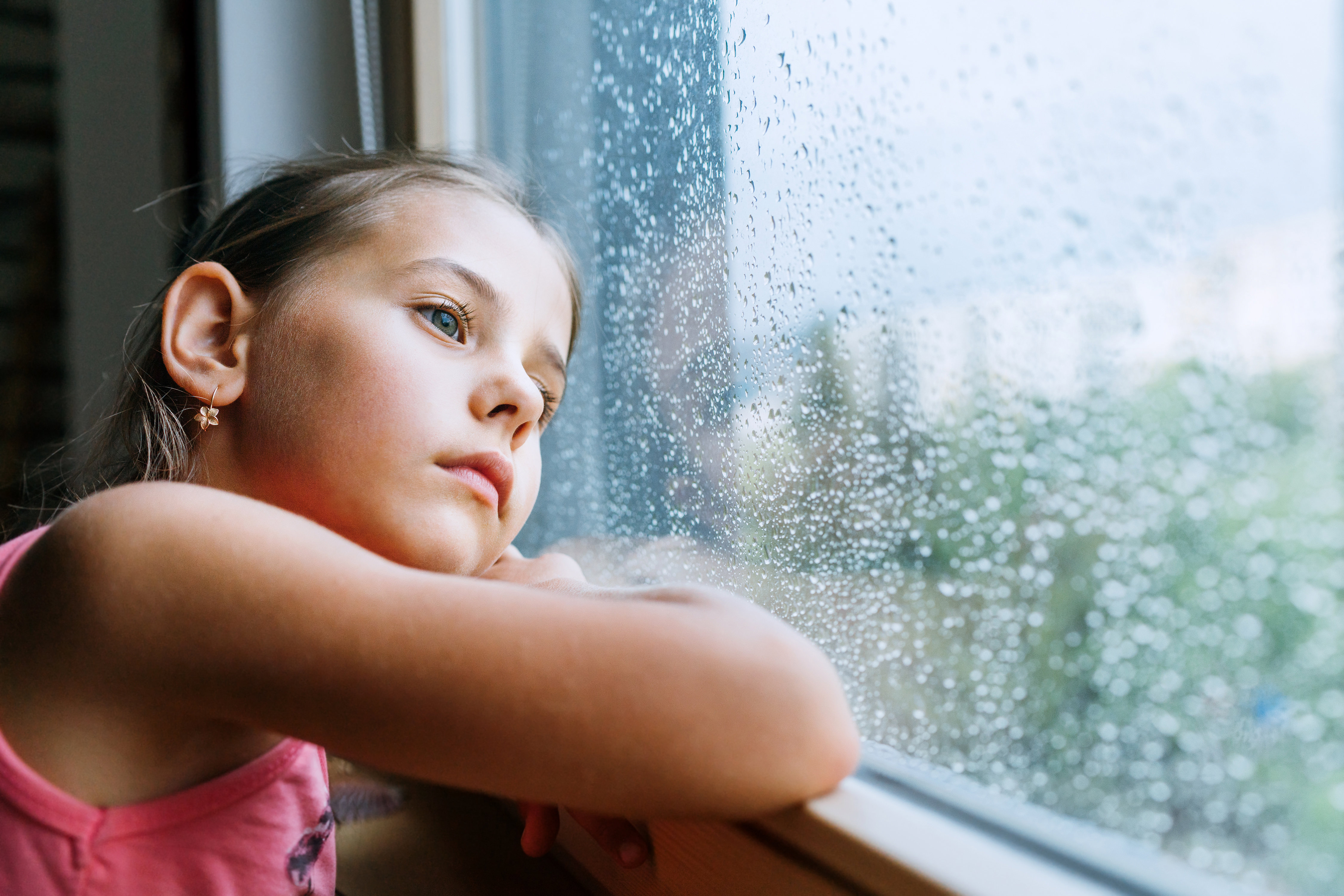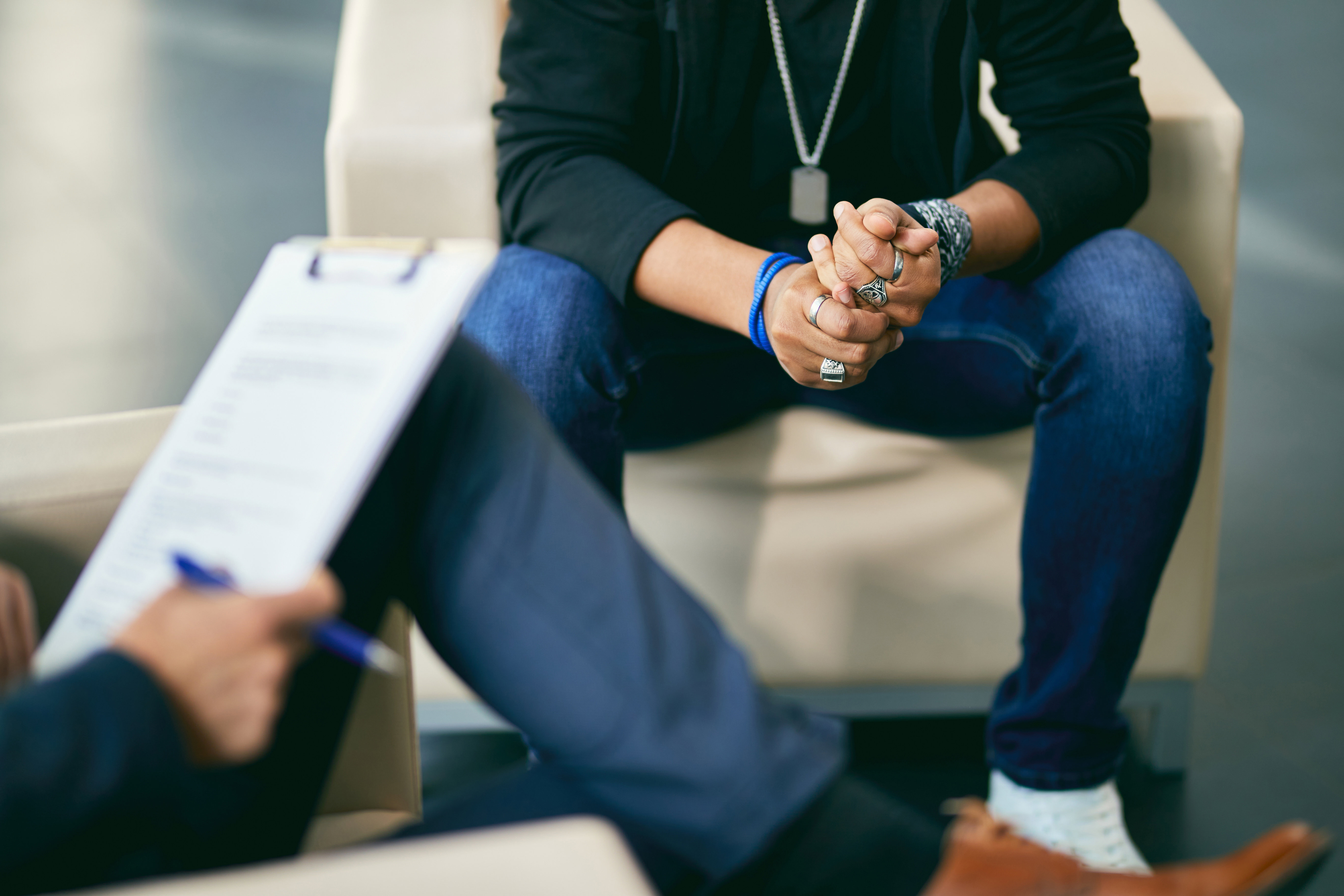The Scale of Human Trafficking in the UK
The scale of human trafficking and modern slavery in the UK has grown significantly over the past decade, reflecting a hidden crisis that demands urgent attention. According to the Home Office’s National Referral Mechanism (NRM), the UK’s framework for identifying and supporting victims of modern slavery:
- In 2022, there were 16,938 referrals of potential victims of modern slavery. This represents a five times increase compared to 2015, when the Modern Slavery Act came into effect and 3,263 referrals were recorded.
- Despite these figures, the Centre for Social Justice estimates that over 100,000 people in the UK are likely victims of modern slavery, far surpassing the numbers officially identified and supported through the NRM.
The growing inconsistency between referrals and estimates highlights the scale of underreporting and the barriers victims face in being formally recognised and safeguarded.
Who Are the Victims of Human Trafficking?
Modern slavery affects individuals of all ages, genders, and backgrounds, though certain groups remain disproportionately vulnerable.
1. Men and Labour/Criminal Exploitation
- Men accounted for 78% of NRM referrals in 2022.
- Most male victims are subjected to forced labour and criminal exploitation, particularly through roles in industries such as construction, agriculture, and logistics.
- A significant number of male victims are exploited in county lines drug operations, where traffickers coerce individuals, often vulnerable young men, into transporting and selling drugs.
This reflects the systemic targeting of economically and socially vulnerable individuals, who are often promised stable work or coerced through threats of violence.
2. Women and Sexual Exploitation
- Women and girls made up 21% of NRM referrals in 2022.
- Female victims are disproportionately affected by sexual exploitation, including forced prostitution and other forms of abuse.
Reports from the Human Trafficking Foundation and United Nations Office on Drugs and Crime (UNODC) note that traffickers commonly target women and girls by exploiting vulnerabilities such as poverty, domestic abuse, or false promises of employment, relationships, or marriage.
In many cases, traffickers also coerce victims into dependency, such as by withholding identification or encouraging drug use. This makes escape and recovery more difficult.

3. Children and Criminal Exploitation
- Children are particularly vulnerable to trafficking, with increasing numbers being drawn into criminal activity, such as county lines drug trafficking.
- According to the Independent Anti-Slavery Commissioner (IASC), children referred to the NRM are frequently victims of child criminal exploitation, where gangs manipulate or threaten young people into committing offences.
These children often:
- Experience violence, intimidation, or grooming.
- Are targeted because of vulnerabilities such as special educational needs, poverty, or unstable home environments.
- Face prosecution rather than protection due to misunderstandings of trafficking legislation.
The Modern Slavery Act 2015, under Section 45, provides a statutory defence for victims of slavery or trafficking who commit certain offences as a result of their exploitation. For individuals under the age of 18, the defence applies if the offence is a direct consequence of their being a victim of slavery or exploitation, and a reasonable person in the same situation would have acted similarly. Despite this legal safeguard, recent findings, including those from the Independent Anti-Slavery Commissioner, indicate that child victims of criminal exploitation, such as those coerced into county lines drug operations, are still too often treated as offenders rather than victims. Failures in recognising signs of trafficking and applying Section 45 appropriately have led to wrongful prosecutions, placing vulnerable children at risk of further harm and creating lasting consequences, including criminal records that hinder their recovery and future opportunities.
The Hidden Exploitation in Everyday Life
Human trafficking and modern slavery often go unnoticed, yet they are present in everyday industries and services across the UK. Reports, such as “The Price We Don’t Pay” by Unseen and research from the University of Nottingham, show how widespread exploitation is in certain sectors:
- Agriculture and Food Production: Workers in farming and food production are often forced to work long hours in unsafe conditions with little or no pay. Many are migrant workers who are promised good jobs but end up trapped in poor living conditions and exploitative workplaces.
- Fishing Industry: The UK’s fishing industry has seen cases of workers being forced to work under harsh conditions. People are often isolated at sea for long periods, subjected to physical abuse, and denied basic rights such as rest, fair wages, and access to help.
- Construction, Cleaning, and Domestic Work: Forced labour is also found in industries such as construction, where people are coerced into exhausting shifts for minimal pay under unsafe conditions. Domestic workers, who often live in the homes of their employers, are at particular risk of exploitation. They may face abuse, long hours, and have little freedom or support.
Whilst these forms of exploitation are widespread, survivors face further barriers in accessing justice and support:
- Delays in Decisions: Victims often wait months or years for NRM decisions, leaving them in limbo.
- Unsafe Accommodation: Survivors are placed in unsuitable housing, far from their support networks, or in environments that feel unsafe.
- Restricted Work Rights: Preventing survivors from working leaves them financially unstable and vulnerable to re-trafficking.
- Prosecution of Victims: Criminalised for acts committed under coercion, survivors of criminal exploitation are denied the protection they are entitled to under the law.
Addressing these barriers requires stronger oversight, timely decision-making, and trauma-informed training for professionals.
Advocating for Survivors of Modern Slavery
At Simpson Millar, we are dedicated to supporting survivors of human trafficking and modern slavery, helping them navigate complex legal systems and secure justice. Our team has extensive expertise in public law, human rights, and trauma-informed approaches, ensuring every client receives tailored support and advocacy.
How We Support Survivors
Human trafficking cases are often legally and emotionally complex, and the systems intended to support victims frequently fall short. Our teams work to address these failings and provide comprehensive legal assistance, including:
- Challenging National Referral Mechanism (NRM) Decisions: Many survivors receive negative NRM decisions despite overwhelming evidence of their exploitation. We challenge these decisions through judicial review proceedings, ensuring victims are recognised and supported under the law.
- Securing Safe Accommodation: Survivors are entitled to appropriate housing that supports their recovery. We advocate for safe, trauma-sensitive accommodation, challenging instances where survivors are placed in unsafe or unsuitable housing, or are forced to live far from their support networks.
- Protecting Immigration Rights: Survivors often face immigration-related barriers, such as the threat of removal. We assist clients in obtaining temporary permission to remain as victims of trafficking and work to regularise their immigration status.
- Pursuing Compensation: Survivors can seek financial redress for the harm they’ve suffered. We pursue claims against traffickers, the Home Office, and local authorities for failing to protect victims. Additionally, we assist clients in applying for compensation through the Criminal Injuries Compensation Authority (CICA) for physical or emotional trauma.
- Challenging Policy Failures: Through strategic litigation, we challenge policies that disadvantage survivors, including restrictions on work rights, inadequate financial support, and discriminatory practices in accessing services such as childcare.
Groundbreaking Legal Cases
Our commitment to fighting for survivors has led to several landmark cases that have shaped the legal landscape for trafficking victims:
1. Childcare Support for Trafficked Mothers
Simpson Millar successfully represented two mothers, both victims of sexual exploitation, who were denied childcare support whilst attending crucial appointments related to their recovery and legal cases. These appointments required the women to disclose traumatic details of their abuse in front of their children due to the absence of childcare provision.
The High Court ruled that the system was discriminatory and failed to meet survivors’ needs, setting an important precedent for how trauma-sensitive support should be provided to victims of trafficking.
2. Compensation for Unlawful Cuts to Support Payments
In 2018, the government unlawfully reduced weekly support payments for victims of trafficking from £65 to £37.75. This drastic reduction left many survivors unable to afford essential items such as food, clothing, and transport to legal or medical appointments.
Our Public Law and Human Rights team successfully challenged this policy in the High Court, which ordered the reinstatement of payments and awarded over £1 million in back payments to affected victims. This ruling restored dignity and financial stability to many individuals who had endured significant hardship.
3. The Victoria Agoglia Inquest
Our firm played a key role in reopening the inquest into the tragic death of a 15-year-old victim of child sexual exploitation. Her case exposed grave failings by local authorities and resulted in Operation Augusta, a major investigation into child sexual exploitation in South Manchester.
By seeking justice for her and her family, Simpson Millar emphasised the importance of holding institutions accountable for their duty to protect vulnerable children.
4. Protecting Trafficked Children from Prosecution
Simpson Millar has represented numerous young victims exploited in county lines drug operations. These children, often groomed and coerced into transporting and selling drugs, are frequently prosecuted as offenders rather than recognised as victims.
Despite the protections offered under Section 45 of the Modern Slavery Act, failures in recognising signs of exploitation have led to wrongful convictions. Our team has successfully overturned convictions and ensured trafficked children are properly identified under the National Referral Mechanism (NRM), safeguarding their rights and securing vital support.

Policy and Systemic Challenges
Beyond individual cases, Simpson Millar is committed to addressing systemic failings that hinder survivors’ recovery and perpetuate cycles of exploitation. We have led policy challenges to:
- Inadequate financial support: Survivors are often denied sufficient resources to rebuild their lives, such as childcare payments for single parents or basic living allowances.
- Barriers to work: Survivors are prohibited from working during long NRM decision periods, leaving them vulnerable to re-trafficking and financial instability.
- Discriminatory reporting requirements: We have successfully challenged policies that unfairly penalise survivors with criminal convictions related to their exploitation, ensuring they are not excluded from vital protections.
Our team also collaborates with organisations such as Anti-Slavery International and the Human Trafficking Foundation to push for legal and policy reforms that prioritise survivors’ needs and hold institutions accountable.

Creating Change and Supporting Survivors: Our Commitment
At Simpson Millar, we understand the lasting impact that trafficking and exploitation have on survivors. That is why we use a trauma-informed approach, ensuring every client feels safe, respected, and supported throughout their legal journey.
We know that every survivor’s situation is different, so we adapt our services to meet their specific needs. From securing safe housing to challenging unfair decisions or helping survivors claim compensation, our work goes beyond providing legal advice. We offer holistic support, connecting clients with essential services and creating personalised strategies to help them rebuild their lives.
Human trafficking remains a complex and hidden issue, but through strategic litigation, policy challenges, and collaboration with organisations such as Anti-Slavery International and the Human Trafficking Foundation, we are helping to create real change. Our work ensures justice for individual survivors whilst also addressing the wider failings that allow exploitation to continue.
On Human Trafficking Awareness Day, it is vital to reflect on the steps we can all take to combat this hidden crime. If you suspect someone is a victim of trafficking, look for common signs such as restricted freedom, lack of identification, or visible fear and distress. Reporting your concerns can make a real difference. You can contact the Modern Slavery Helpline on 08000 121 700 or your local authorities.
Our team at Simpson Millar is committed to holding authorities accountable, challenging unfair systems, and ensuring survivors’ voices are heard. With every case we take on, our goal is to support survivors, protect their rights, and build a system that truly helps victims of trafficking.
If you or someone you know has been affected by human trafficking or exploitation, don’t wait to seek help, contact us today on 0808 239 1057. We are here to fight for your rights, provide the support you need, and help you move forward with your life.












